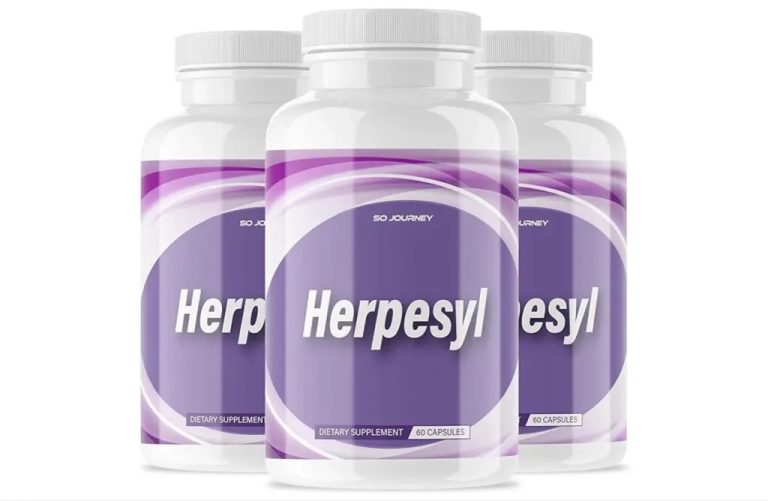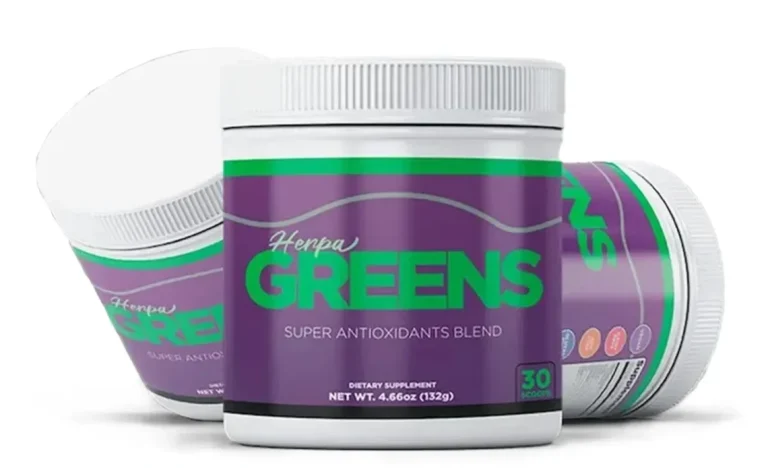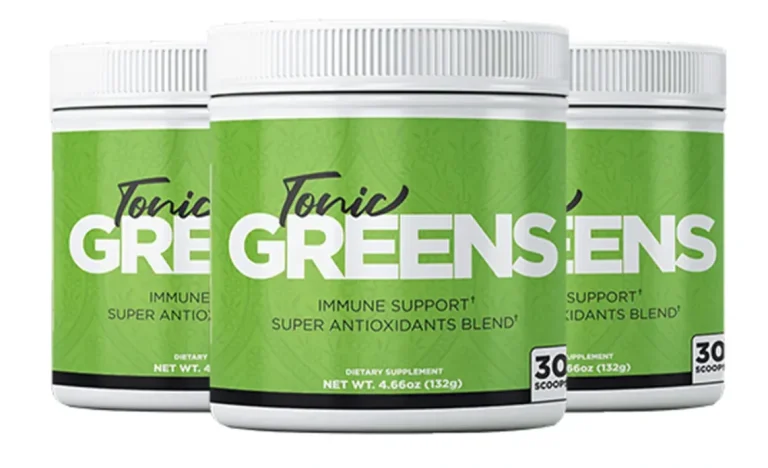Genital herpes is a sexually transmitted disease. It causes painful sores that are filled with fluid. These sores may explode, causing more harm. Understanding this condition can assist herpes patients improve their overall health.
How Does It Happen
Genital herpes is caused by two herpes simplex virus strains: HSV-1 and HSV-2. HSV-1 is generally connected with cold sores, however it can also cause genital herpes. In contrast, HSV-2 mainly causes genital herpes, however it can infrequently produce cold sores.
According to the World Health Organization, an estimated 3.7 billion persons under the age of 50 were infected with HSV-1 in 2016, while HSV-2 infected around 491 million people aged 15 to 49 years. Small incisions in the skin or the mucous membranes, which are fragile tissues lining body cavities including the mouth, nose, and genital area, are two ways that these viruses might enter the body.
When viruses enter the human body, they integrate into host cells, which allows them to replicate and adjust to new conditions with remarkable ease. This adaptability often presents challenges in medical treatment. Herpes Simplex Virus types 1 and 2 (HSV-1 and HSV-2) are typically present in various bodily fluids such as
- Saliva
- Seminal fluid
- Vaginal fluids.
These fluids can act as vehicles for the transmission of the virus, highlighting the importance of understanding viral behavior for prevention and treatment.
Understanding the signs of Genital Herpes
When blisters emerge, it marks the commencement of a viral outbreak. The Centers for Disease Control and Prevention (CDC) indicate that the initial signs typically surface about four days following virus acquisition. Nevertheless, this period can fluctuate, with symptoms appearing in as few as two days or delaying up to twelve days or more. Such variation highlights the distinct progression timelines associated with viral infections.
- For individuals with a penis, common symptoms may include the appearance of blisters on the penis itself, the scrotum, and the buttocks area, especially close to the anus.
- For those with a vagina, similar symptoms can occur, with blisters forming in the areas surrounding the vagina, near the anus, and on the buttocks. These symptoms are presented to ensure clarity and ease of understanding for all.
Typical symptoms of Herpes may include
- Small, fluid-filled sacs can surface on the lips, inside the mouth, or on the face, as well as any other area that might have been exposed to the infectious zones.
- Before these sacs, known as blisters, form, the affected skin may experience a sensation of itching or tingling.
- These blisters can break open, leading to raw, weeping sores.
- Within about seven days of appearing, a crusty layer often forms on top of these sores as they begin to heal.
- The body’s defense nodes, or lymph glands, might swell up as they work to combat the infection and reduce inflammation.
- Additionally, the person might suffer from general discomfort, headaches, and possibly a fever as the body responds to the viral infection.
Preventive measures for Herpes
- Understand the nature of herpes: Recognize that herpes is a common viral infection, often presenting as cold sores or genital blisters.
- Practice safe sex: Use condoms and dental dams to reduce the risk of transmission during sexual activity.
- Maintain good hygiene: Wash hands thoroughly after touching affected areas to prevent spreading the virus to other parts of the body or to others.
- Manage stress: Stress can trigger outbreaks, so engaging in stress-reducing activities can help manage the condition.
- Seek medical advice: Consult with healthcare professionals for the best preventive measures, including the possibility of antiviral medications.
- Stay informed: Keep up-to-date with the latest research and recommendations for herpes prevention and management.
It is crucial to let your sexual partner(s) know if you have been diagnosed with herpes, in order to protect safety and well-being. Moreover, if you are pregnant and have herpes, you should notify your doctor right away. Herpes is a serious risk to infants, especially during childbirth. Early notice to your doctor allows you to take the essential precautions to keep the child safe from transmission.
FAQ’s
What happens if herpes is left untreated?
- Untreated herpes can heal on its own, but in individuals with weakened immune systems, oral herpes may lead to complications.
Does genital herpes cause complications?
- While rare, complications from genital herpes can occur, causing inflammation, swelling, and pain.
Is it recommended for pregnant women with genital herpes to have a cesarean delivery?
- Yes, to prevent transmission to the newborn, doctors may recommend a cesarean delivery for those with genital herpes.
Can antibiotics cure herpes?
- No, antibiotics cannot cure herpes as it is a virus, but they can treat co-occurring bacterial infections.
Is it possible to test for herpes at home?
- Yes, a lot of labs provide at-home herpes testing services that screen for HSV-1 and HSV-2. There is no need to visit any lab.
How can herpes outbreaks be prevented?
- A healthy lifestyle, including nutritious foods, sufficient sleep, and stress avoidance, can help prevent herpes outbreaks.
What is suppressive therapy?
- Suppressive therapy involves taking medication daily to manage frequent outbreaks and reduce the risk of transmission.
What causes genital herpes outbreaks?
- The exact triggers are unknown, but they may be related to sex, menstruation, stress, skin irritation, or surgery. Oral herpes outbreaks can be triggered by sunburn or other infections.
Lorem ipsum dolor sit amet, consectetur adipiscing elit, sed do eiusmod tempor incididunt ut labore et dolore magna aliqua.
Lorem ipsum dolor sit amet, consectetur adipiscing elit, sed do eiusmod tempor incididunt ut labore et dolore magna aliqua.















